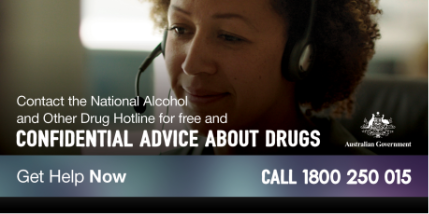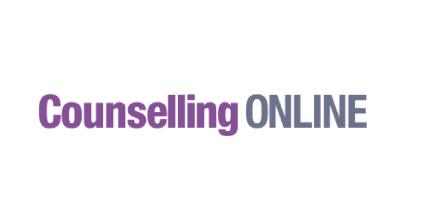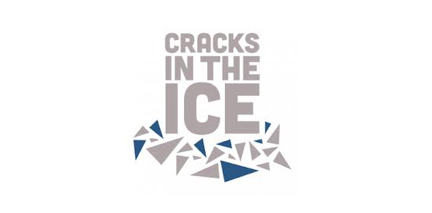A Review of Australian Clinical Guidelines for Methamphetamine Use Disorder
The National Centre for Clinical Research on Emerging Drugs (NCCRED) commissioned the National Centre for Education and Training on Addiction (NCETA) to review Australian methamphetamine-related clinical guidelines.
This research:
- Identified Australian methamphetamine-related clinical guidelines
- Mapped guideline content for treatment settings and the populations they covered
- Assessed guidelines against contemporary guideline criteria
- Identified gaps and implications for future guideline development
Twenty-seven methamphetamine-related clinical guidelines were identified, some of which solely addressed methamphetamine (or stimulants) specifically, while others were generic but had component parts of relevance.
A purpose-built framework to map each guideline according to treatment setting and target population, and modified version of the Appraisal of Guidelines for Research and Evaluation (AGREE) instrument were developed by NCETA to assess the guidelines for concordance with contemporary standards for clinical guidelines.
The audit found that most guidelines were useful resources with valuable clinical utility that serve the needs of a wide range of treatment settings and population groups, nevertheless there were gaps and limitations in the current guidelines.
Such gaps include:
- Telephone/Online counselling services
- Correctional facilities
- General inpatient facilities
- LGBTIQ populations
- Aboriginal populations
This examination of methamphetamine-related clinical guidelines is intended to support the National Ice Action Strategy by identifying gaps in resources to support the AOD workforce, how these gaps could be addressed and where further research may be required to support future guideline development.
The full report is available here: Methamphetamine Clinical Resources




